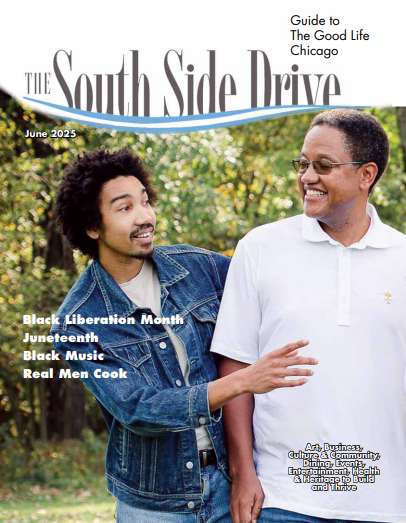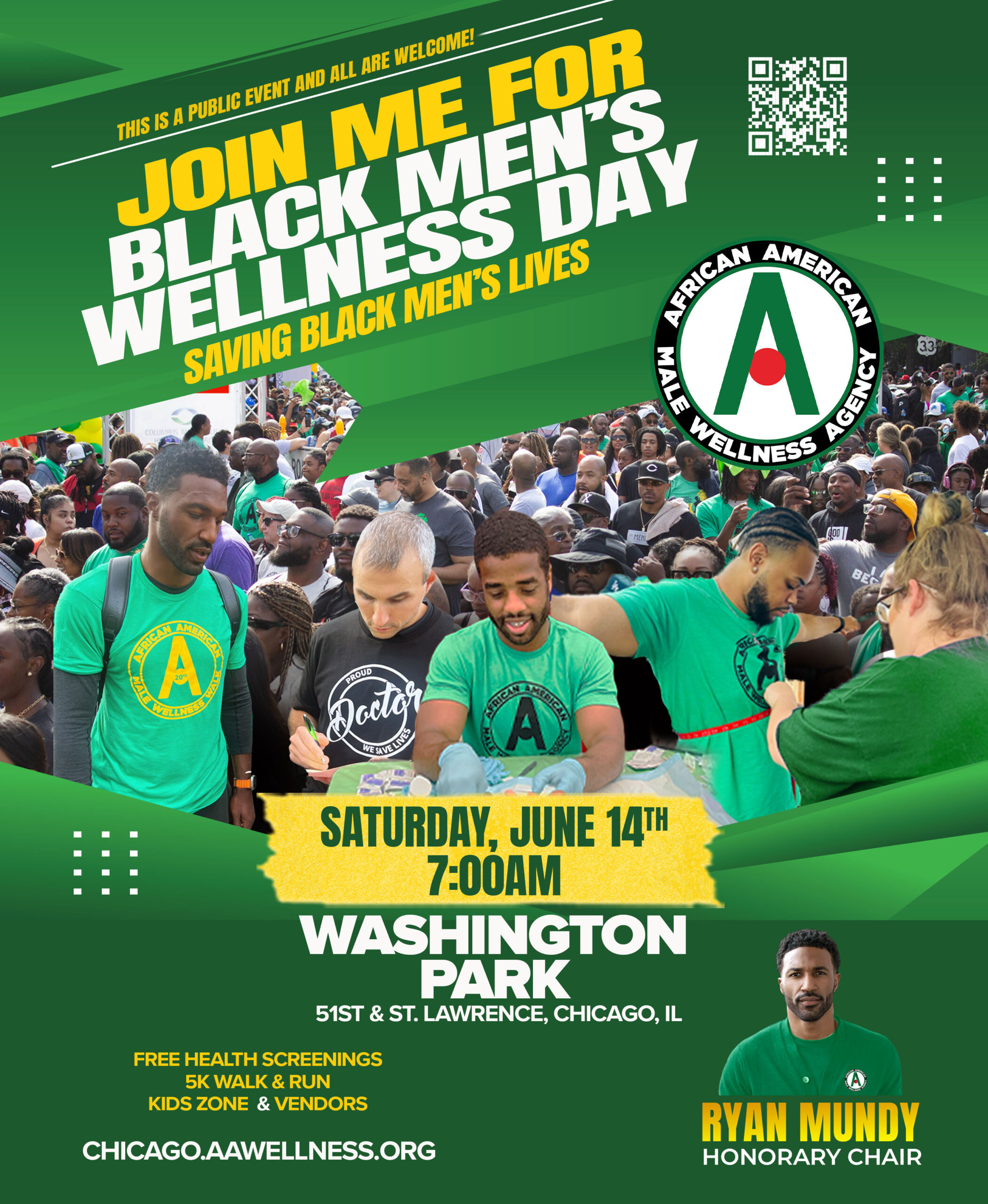The presidential election is coming soon. We’ve had four years to learn about President Joe Biden, and even longer to learn about the former president and convicted felon. But as Vice President Kamala Harris recently became the Democratic nominee, it’s time to get to know her and how about we start right here by sorting out some claims we’ve heard on social media:
What we heard:
Some social media users claim that when Vice President Harris was attorney general of California, she put thousands of Black men in prison for marijuana charges.
What we learned:
When Harris was California attorney general (2011-2017) about 2,000 people were jailed for marijuana related offenses – but that’s for the entire state of California and most of those cases were prosecuted by independently elected county district attorneys and the majority of those cases resulted in no conviction. Actually, the Attorney General’s responsibilities include safeguarding Californians from harm and promoting community safety, preserving California’s spectacular natural resources, enforcing civil rights laws, and helping victims of identity theft, mortgage-related fraud, illegal business practices, and other consumer crimes. Prosecuting criminal convictions is what the district attorneys do.
During the time she served as San Francisco district attorney (2004-2011) Harris’ office oversaw 1,956 marijuana-related offenses. Of those convictions, only 45 people were sent to state prison and there is no breakdown of their ethnicity.
Bonus fact
In 2005, when Kamala Harris was district attorney of San Francisco she launched the Back on Track (BOT) Program for young adults, 18 – 30, who are facing their first felony offense for a low-level drug charge. The participants must plead guilty and then enroll in a 12-18 month program with goals set by an individualized Personal Responsibility Plan (PRP) that sets goals in education, employment, parenting, child support and requires participants to perform up to 220 hours of community service. To graduate the participant must find employment and/or enroll in school and meet all of the PRP goals. At graduation the judge will dismiss the case and the participant will have a clean record.
Source: U.S. Department of Justice, Office of Justice Programs. Bureau of Justice Assistance.
What we Heard
Some said Kamala Harris didn’t do her job as Border Czar
What we learned
Border Czar is a moniker, not a title. The moniker is used in reference to a member of Homeland Security. responsible for monitoring and securing the border, which was never Harris’ assignment.
Vice President Harris was tasked with leading diplomatic efforts to reduce poverty, violence and corruption in Central America's northern triangle countries of Guatemala, Honduras and El Salvador, as well as engage Mexico, in order to mitigate migration. She was successful in many ways, including helping to engineer $4 billion in government funding and $5.2 from private investors to secure 250,000 jobs for Guatemalans, El Salvadorans and Hondurans, which slowed the flow of migrants from those locations.
However, because of trump sanctions in Venezuela, Cuba and Nicaragua, the majority of the migrants are now coming from Venezuela, Cuba and Nicaragua.
What we Heard
Vice President Harris said she would never do anything for Black people.
What she actually said:
“I’m not going to sit here and say what I do will only benefit Black people. What benefits that family will benefit the community and society and the country as a whole.”
What we Heard
Vice President Harris is opposed to Reparations
What we learned
In 2019, then Senator Kamala Harris co-sponsored S70, the Senate version of HR 40, the Reparations bill.
What she said:
On July 28, 2024 Vice President Harris said: “I think there has to be some form of reparations and we could discuss what that is, but look, we’re looking at more than 200 years of slavery’s “she said. “We’re looking at almost 100 years of Jim Crow. We’re looking at legalized segregation and in fact segregation on so many levels that exist today based on race and there has not been any kind of intervention done understanding the harm and the damage that occurred to correct [the] course. And so we are seeing the effects of all those years
play out still today.”
When pressed further, she agreed that if elected president, she would lead a conversation about what reparations for Black people would look like.
We’re looking forward to learning more about all of the candidates in the coming weeks and months.





